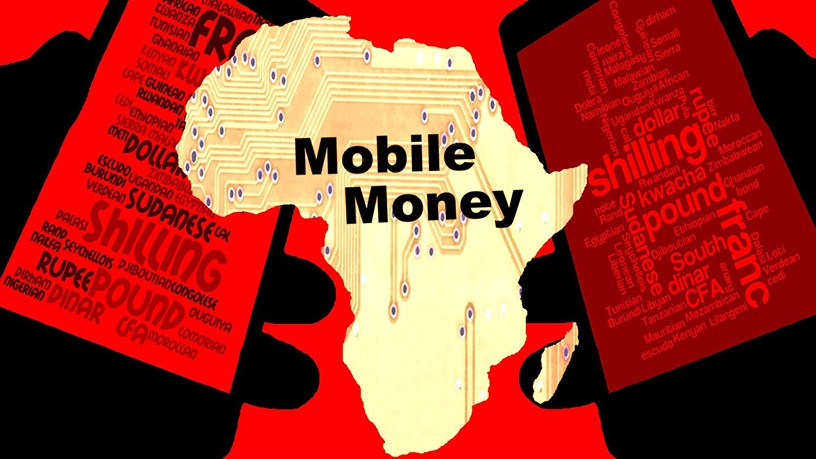Cameroon: users mobilise online campaign against new mobile money tax

Going forward, mobile money users in Cameroon will have to pay a money transfer tax of 0.2% of the amount transferred or withdrawn.
This is according to the 2022 Finance Law of Cameroon recently adopted by parliament and enacted by President Paul Biya.
The law applies to all electronic money transfer transactions but exempts bank transfers and transfers for the payment of other taxes, duties and levies.
Service providers, including Express Union, Express Exchange, YUP, YooMee Money, BGFI Mobile Services and others, are obliged to collect the new tax and pay it over to government. The new tax is expected to affect the operations of big players like MTN Mobile Money and Orange Money.
Back in August 2021, President Biya ordered that measures be taken to reduce the use of physical cash transactions.
This latest development has been met with mixed reaction and critics want the government to scrap the tax.
Cameroonian techpreneur and CEO of AppsTech Rebecca Enonchong is fronting the #EndMobileMoneyTax online campaign.
She believes the new tax will slow financial inclusion whereas Cameroon has plans of becoming a digital economy by 2035.
"The new mobile money tax will especially hit the poorest, unbanked segments of Cameroon society. There is no such tax on wire transfers through banks. And it's paid twice. Once to send. Once to receive. And all for what? To pay for government excesses and corruption," Rebecca tweeted.
The Bank of Central African States (BEAC) reported that in 2020, there were 806,055,732 electronic money transactions registered in Cameroon valued at over 12.1 trillion Francs CFA. With the mobile money sector on a growth trajectory in the country, the new tax will be an important revenue stream for the government.